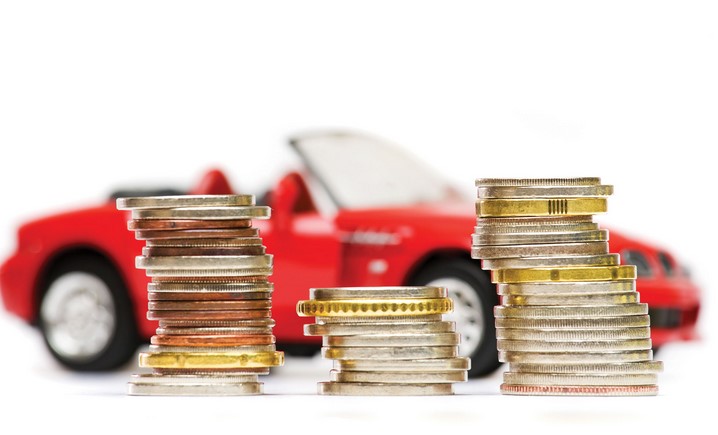Blog

What Determines The Value Of A Car?
Anyone with a used car that they're thinking about using as a trade for a new one has asked something along the lines of, "just how do they figure out the car value in the first place?" If we were flippant, we'd tell you that "the market decides" and be done with it.
While true, in a sense, this glib answer ignores the finer points of the question and its true aim. You want to know how much you might get in resale value so that you can put that towards the purchase of a new vehicle. Like with most things, the truth has a number of complexities you should be well aware of before diving in.
Kelley Blue Book? Edmunds?
You've likely heard of these services before. The "Blue Book" value of a vehicle is something that people have been referencing for years and is determined based on a vehicle's price when it was new, minus conditions like depreciation, "the market," what people might be clamoring for at present, etc.
You might even find it a good idea to check these services out to get a rough idea of what your car should be worth. Just remember, though, that these estimates don't always reflect the full picture of a given automobile.
To gain a better understanding of what your vehicle might be worth, you'll have to take quite a bit more into consideration.
Factors That Determine Car Value
One of the most important factors is the condition of the car. What's the mileage? As that number goes up, so does the likelihood of wear and tear. Higher mileages often translate to lower resale prices, so keeping the odometer low is a great way to increase the value of your trade-in.
Has it been in any accidents? A vehicle's accident history can play into its total value, as again, there will be worry about how the car will function in the future. What's the interior like? Scratched seats and ruined upholstery will knock significant dollars off of a trade-in, so keeping a vehicle in tip-top shape is paramount if you're seeking maximum resale value.
If a car has specific upgrades or options, they might add value to the trade. Things like sunroofs, leather seats (that are in good condition), and the like. Some options won't move the needle, navigation systems, in particular, come to mind.
Conversely, a lack of features like automatic transmission, air conditioning, and power windows could hurt the value of a trade because these options have become mostly standard among modern cars.
The color of a vehicle will also play a factor in its resale value. Some colors are timeless—white, gray, black, red. Other colors are bold but could hurt you if they are too garish (iridescent purple, anyone?). To keep your resale value high, try to stick with standard colors when purchasing a car you'll intend to trade-in down the line.
Building upon that factor, aftermarket car personalization can also set you back in the resale value of your vehicle. Sure, you might enjoy your custom camber wheels, the tricked-out spoiler, or the ostentatious leopard-print seats you got installed, but these add-ons damage the ability of dealers to turn a profit, and hence hurt your bottom line.
Lastly, be aware that some things that are mostly out of your control will exert influence on your trade. Geography, demand, and timing, to be precise.
In certain parts of the country, the demand for a specific body style might vary. Alternatively, people might be looking for four-wheel drive in an area where you have a front-wheel drive sports car.
On top of that, you might be looking to sell at a time when the used car market isn't booming, in which case waiting a few months could be beneficial.
Keep these factors at the front of your mind when trying to work out the amount you'll get for a resale, and use them all to your advantage to maximize what you can get.



Comments